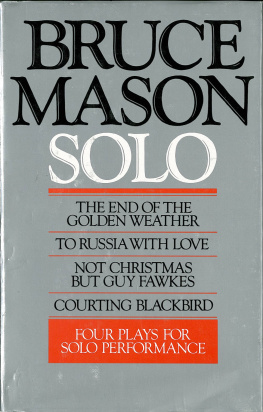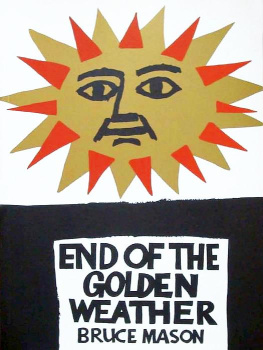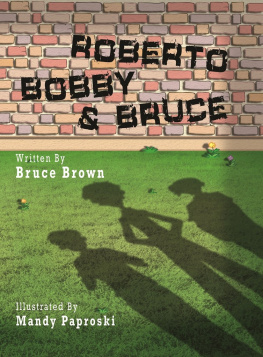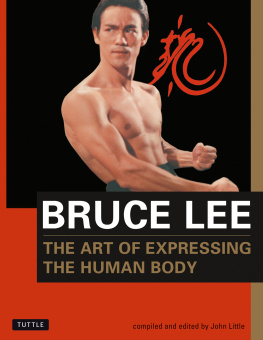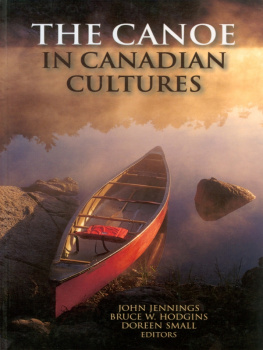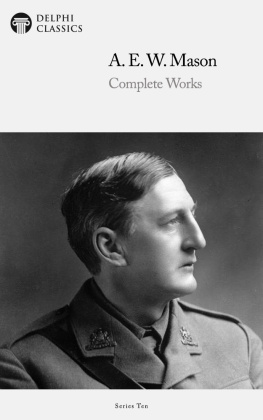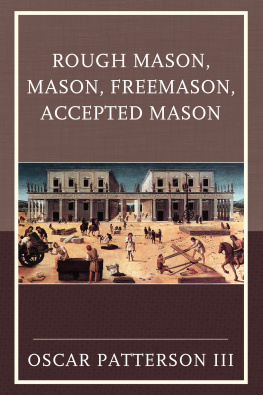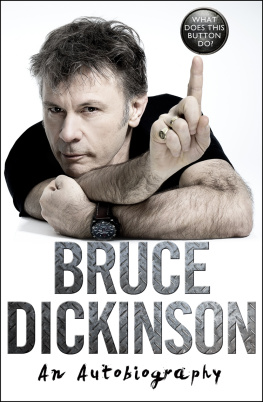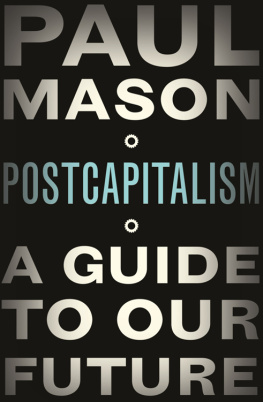Bruce Mason - Bruce Mason Solo
Here you can read online Bruce Mason - Bruce Mason Solo full text of the book (entire story) in english for free. Download pdf and epub, get meaning, cover and reviews about this ebook. year: 2012, publisher: Victoria University Press, genre: Detective and thriller. Description of the work, (preface) as well as reviews are available. Best literature library LitArk.com created for fans of good reading and offers a wide selection of genres:
Romance novel
Science fiction
Adventure
Detective
Science
History
Home and family
Prose
Art
Politics
Computer
Non-fiction
Religion
Business
Children
Humor
Choose a favorite category and find really read worthwhile books. Enjoy immersion in the world of imagination, feel the emotions of the characters or learn something new for yourself, make an fascinating discovery.
- Book:Bruce Mason Solo
- Author:
- Publisher:Victoria University Press
- Genre:
- Year:2012
- Rating:3 / 5
- Favourites:Add to favourites
- Your mark:
- 60
- 1
- 2
- 3
- 4
- 5
Bruce Mason Solo: summary, description and annotation
We offer to read an annotation, description, summary or preface (depends on what the author of the book "Bruce Mason Solo" wrote himself). If you haven't found the necessary information about the book — write in the comments, we will try to find it.
Bruce Mason Solo — read online for free the complete book (whole text) full work
Below is the text of the book, divided by pages. System saving the place of the last page read, allows you to conveniently read the book "Bruce Mason Solo" online for free, without having to search again every time where you left off. Put a bookmark, and you can go to the page where you finished reading at any time.
Font size:
Interval:
Bookmark:
Bruce Masons solo performances were born of necessity in a country without a working theatre. As he has said, in his note to the second edition of TheEndoftheGoldenWeather (see p. 193 of this volume), I just wanted to feel that I had a calling for theatre and that this calling would at length be recognised. Lacking a theatre and a company , Mason devised a form that needed no stage and no actors beyond the author-narrator. A modest decision to paddle his own canoe set him off on an odyssey throughout and well beyond New Zealand.
That journey was adventurous in more ways than one. Consider the variety of the scripts. TheEndoftheGoldenWeather is an evocation of place and time in the context of moral obligation; it is neither wholly narration nor dramatic performance. ToRussia,withLove is a play for three characters, each with an unseen interlocutor. CourtingBlackbird is a biographical reminiscence. The first two parts of NotChristmas,butGuyFawkes are exercises in the art of the raconteur. The breadth of style and characterisation, imposed demands on the performers craft of a different order from that required for the more usual forms of solo performance. We can, I think, find the key to Masons response in that invitation to participate in the creative act with which he begins TheEndoftheGoldenWeather: I invite you to join me in a voyage into the past, to that territory of the heart we call childhood. An obvious comparison is the opening of UnderMilkWood: To begin at the beginning. UnderMilkWood was first performed in 1953, TheEndoftheGoldenWeather in 1959. Throughout both pieces the authors attempt to make the listener an accomplice in nostalgia. It is dangerous stuff and some resist the invitation to take part. But Te Parenga and Llareggub are territories of the majority and the popular success of both has been assured.
Genesis is no bad precedent for a writer seeking an audience. Tales of lost innocence touch on common emotions. The risk of sentimentality is also a sign that the audience can be made to feel the dramatic weight of a moral dilemma. The end of the golden weather comes with the boys perception that the outrage of unemployment lies outside the simple verities of his world. It is a commonplace observation sharpened in direct proportion to the authors skill in persuading us to see it as both unique and universal.
There are epiphanies of the creative act in his fathers unlooked for skill at charades, the agony of failure, and a brothers betrayal in the Christmas performance. It all means nothing at all; yet he will remember it all his life.
The heart of the matter is TheMadeMan. Each of us had a Firpo. How we responded then and respond now to that primal claim on our humanity will define how far we can go with Bruce Mason on his painful inquiry into ethical compulsion. My Firpo looms large in the puzzling chart of moral experience. Mark Twain, that great pilot of the childs journey, remarked of these encounters that on sleepless nights they walk in front and carry a great bell. In untutored allegiance, Huck and Jim, the narrator and Firpo, expose the sham of all cultivated indifference to the fate of the outsider. The childs tabularasa of the social sense is inscribed with the rules of social conformity requiring, at best, incomprehension of the deviant. Such, I suppose, is the significance of all rites of passage.
In accepting the penance imposed by Ginger Finucane in the final section of NotChristmas,butGuyFawkes, the narrator acknowledges something more than individual fault. He atones for Gingers drunken violent father, for his embarrassing fierce mother, and for a social system that demands of Ginger a transcendent dignity in the face of oppression. The sacrifice is unavailing. The mournful tooting of the conch shell sounds in his memory as the message never received, the signal never understood. When the golden weather ends, the forecast for the growing boy suffering from talent and an excess of sensibility is bleak indeed.
Others faced with this prospect have decided that society must be put to rights by the moral effect of egalitarian political economy. It appears that this argument never quite convinced Bruce Mason although one can understand his envy of the confident Marxist eloquence commanded by members of his university debating club. CourtingBlackbird wrestles with the intellectual corrosion of the soul. Can Bo Barons sophistication and monstrous charm excuse his dishonesty not only to his benefactors but to himself? Are Marxist debaters so deeply sunk in philosophical confusion that they believe their own meretricious debating points? If so, it is a chilling prospect and the dreadful fate that overtakes Bo Baron seems to suggest that he is beyond any finer absolution. The boy from Te Parenga could never share the conviction that ideology can justify a cruel rejection of human duty or the betrayal of trust. Yet, this being the case, where is the boy to go for comfort?
He turns of course to the arts. In music and poetry there may be less wounding mysteries to explore; in the theatre, craft may command the response which had proved so elusive at Te Parenga. Unfortunately , the way is hard and doubtful. The young sailor, privileged now by his warrior status, finds that the heroes of the arts no less than the heroes of ideology are flawed and ridiculous. Sycophants are sycophants whether they follow the last convolution of Politburo sophistry or hang on the word of some self-appointed arbiter of taste. NotChristmas,butGuyFawkes is ingratiating because the joke is on the narrator, but amusement does not conceal a wistful apprehension that he finds the going hard. Bruce Mason has reminded us early and late that New Zealand society is inimical to the creative impulse. While there may be no impediment to those who want to try, there has been until recently little encouragement. If we fail to acknowledge their work with affection, or allow them a period of critical grace while they learn their trade, our artists will leave or become sour. Without that caritas so painfully comprehended at Te Parenga, we must all be poorer in spirit.
In ToRussia,withLove, Bruce Mason presents us with an extreme case of the consequences for the creative imagination forced to survive under a cultural policy of rigid conformity. No doubt many in his audiences were forced to bring their imagination to bear on the loss we suffer when originality is discouraged in a provincial society such as New Zealand, or prohibited in a dull-minded tyranny such as the Soviet Union. It may be that Bruce Masons sympathy leads him astray. The gauche Texan and the self-interested drop-out are no dramatic match for the magnanimity of the samizdat distributor. Russian soul is a heady draught for a writer whose greatest asset and most dangerous temptation is a generous spirit.
This burden, this blessing is woven through the fabric of all Bruce Masons work. How are we to cherish the generous impulse against the mean spirited and life denying? From TheEndoftheGoldenWeather onwards it has been a lonely and difficult voyage, one which has often taken an unfashionable tack and exposed him to the cold wind of cynicism. But Bruce Mason solo has accepted his risks head on, and this publication is at least a tangible recognition of the originality and courage of his odyssey. Those who followed Bruce Mason have found a public more receptive to the theatres duty to illuminate and define our social experience.
Font size:
Interval:
Bookmark:
Similar books «Bruce Mason Solo»
Look at similar books to Bruce Mason Solo. We have selected literature similar in name and meaning in the hope of providing readers with more options to find new, interesting, not yet read works.
Discussion, reviews of the book Bruce Mason Solo and just readers' own opinions. Leave your comments, write what you think about the work, its meaning or the main characters. Specify what exactly you liked and what you didn't like, and why you think so.

